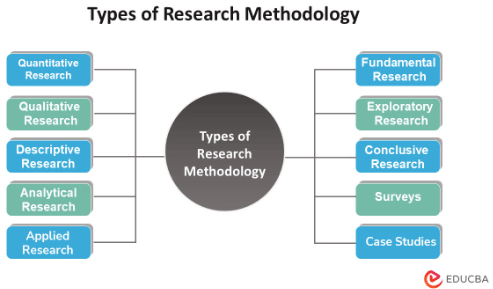I'm going to disagree. Yes, this could be considered a research project. It perhaps fits better into QI work, but still involves a baseline assessment, some intervention, and then a reassessment. Calling it QI gets around the IRB and any concern about consent.
Will you be able to present / publish this type of work? That will totally depend upon the quality of the project. These types of projects tend to have several big problems, which you should be aware of up front:
- Getting people to return surveys is very difficult. Everyone is busy. This is just more work to the day. Very low return rates are common unless you have a captive audience. Survey the residents for feedback about the program and tie it to their on call food money and the return rate is great. Just ask people to do your survey and expect at best a 15% return rate -- unless you have some hook.
- This creates a problem of bias. Perhaps the 10% of people who return your survey are interested in your topic. It might look like you've made a huge improvement. But really 90% of people just ignored you.
- Writing a good survey is very difficult. It is very easy to end up writing a survey that tells you exactly what you want it to. Writing questions that are neutral about a topic that is meaningful to you is very difficult. Ideally, your pre- and post-surveys are exactly the same. Asking a question like "how much more did you diagnose XXX after this education?" is a classic way to get into trouble -- people don't like missing things, they will tend to answer this question positively.
- Timing is important. If you recheck too early, people won't have had a chance to change AND they will still remember all of your teaching and may answer your questions correctly from sort term memory. Better to let a reasonable amount of time go by -- but that can be hard on a student timeline. If you check at 3 months, will physician behavior be any different at 1 year? And if not, has your intervention been any help at all?
- The statistics are a bit tricky. Since you'll be surveying the same people over again, you're (usually) going to need to use a paired test (like the paired t test). Not insurmountable.
- You'll need to decide whether you're going to have a survey follow by some education, or whether the survey itself will be the educational intervention. In that case, it's not exactly a "survey" but some sort of questionnaire or quiz. We did this with insulin management -- sending out weekly questions with detailed answers, with the idea that answering the questions incorrectly would result in people learning more about insulin management (and then getting similar questions in the future correct).
Good design up front is critical. You could put all sorts of work into this only to discover that your results are useless. And you need to assess whether consent is needed (which it doesn't sound like it, but consent can be tricky). Ask yourself what the maximum amount of your time this could possibly take and write that down. Then multiply by 5. That's how long it will actually take. You think I am joking. Ask anyone here.

